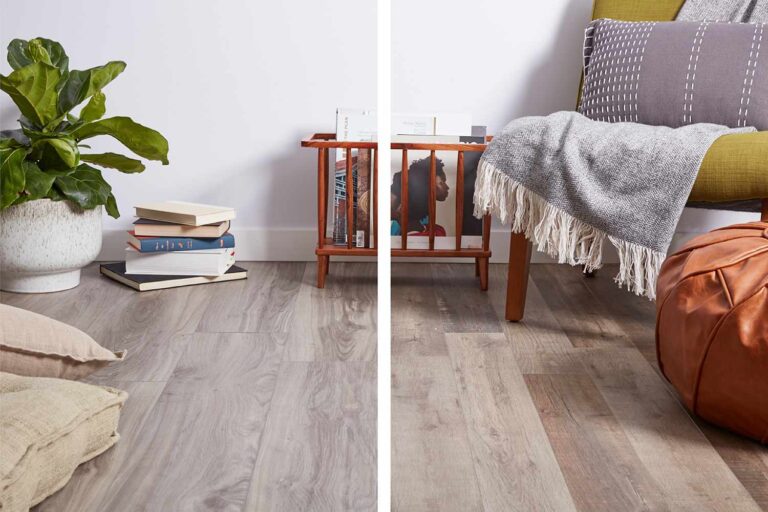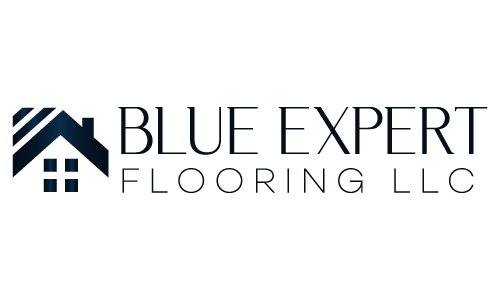
Vinyl vs. Laminate Flooring: Which Option is Right for Your Home?
When it comes to choosing the right flooring for your home, vinyl and laminate are two popular options that often come up. Both materials offer durability, affordability, and a variety of styles, making them appealing to homeowners. However, understanding the differences between vinyl and laminate flooring is essential to making an informed decision. In this blog post, we’ll explore the key features, benefits, and drawbacks of each option to help you determine which is the best fit for your home.
1. Material Composition
Vinyl Flooring: Vinyl flooring is composed of synthetic materials, primarily polyvinyl chloride (PVC). It comes in various forms, including sheets, tiles, and luxury vinyl planks (LVP). Vinyl is waterproof, making it an excellent choice for moisture-prone areas like bathrooms, kitchens, and basements.
Laminate Flooring: Laminate flooring is made of a high-density fiberboard (HDF) core, topped with a photographic layer that mimics the appearance of wood, stone, or tile. It is also covered with a protective layer that adds durability. While laminate is more resistant to scratches and dents than hardwood, it is not waterproof.
2. Aesthetic Appeal
Vinyl Flooring: Vinyl flooring comes in an extensive range of colors, patterns, and textures. Advances in printing technology have allowed manufacturers to create designs that closely resemble natural materials, such as hardwood or stone. Vinyl’s flexibility makes it easy to find a style that fits your decor.
Laminate Flooring: Laminate flooring also offers a wide variety of designs and finishes, particularly in wood and stone looks. However, because it is a photographic layer, it may not always capture the same depth and texture as real wood. That said, laminate can still provide a beautiful aesthetic at a lower price point.
3. Durability and Maintenance
Vinyl Flooring: Vinyl is highly durable and resistant to moisture, stains, and scratches. Its waterproof nature makes it an ideal choice for high-traffic areas and rooms prone to spills. Maintenance is simple; regular sweeping and occasional mopping are usually all that’s needed to keep vinyl looking great.
Laminate Flooring: Laminate flooring is also quite durable, especially against scratches and dents. However, it is sensitive to moisture and can warp if exposed to excessive water. Regular cleaning with a damp mop and avoiding standing water are essential to maintaining laminate floors.
4. Installation Process
Vinyl Flooring: Vinyl flooring is generally easier to install than laminate, particularly luxury vinyl planks, which often feature a click-lock system for a floating installation. Some vinyl sheets may require adhesive, but overall, vinyl can be a DIY-friendly option.
Laminate Flooring: Laminate flooring also features a click-lock installation method, making it easy for homeowners to install themselves. However, it’s essential to ensure a proper underlayment is used for sound absorption and moisture protection, which can add to the installation process.

